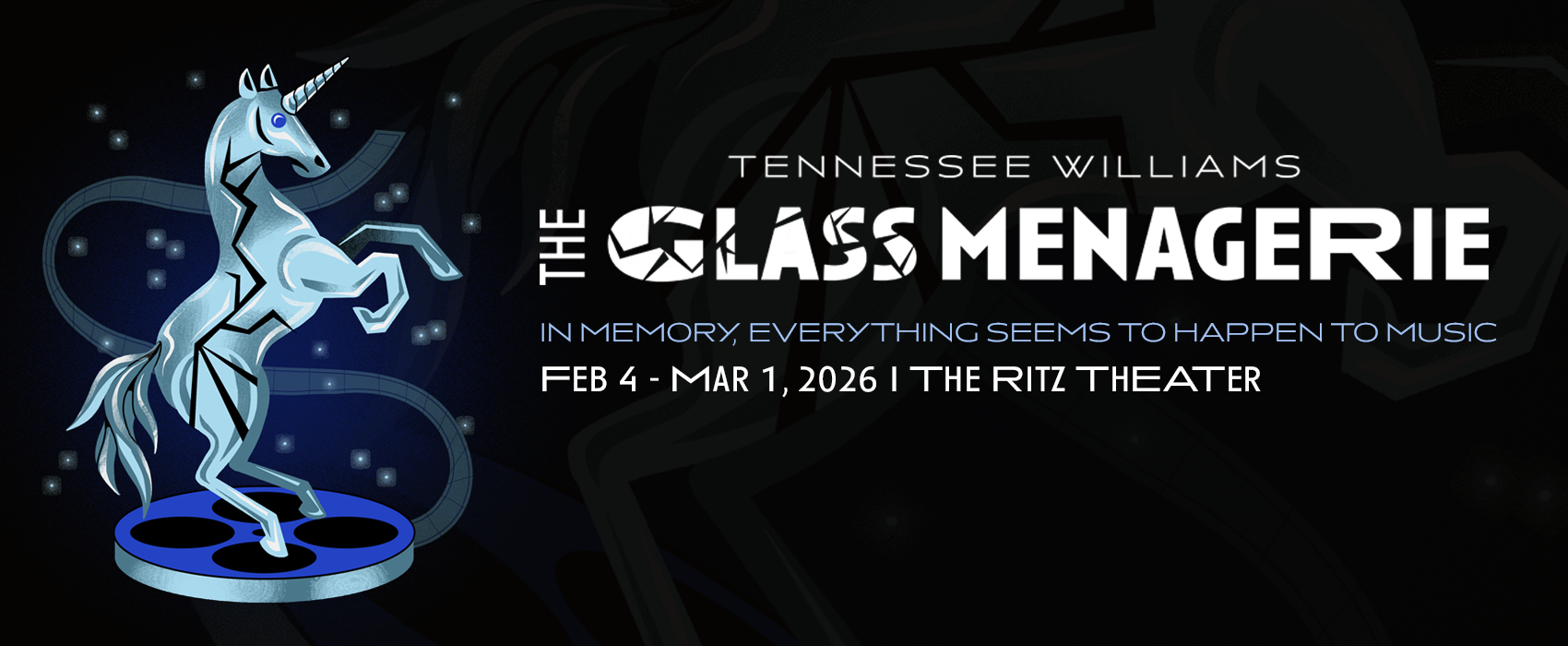Knock!
/January 29, 2006.By Quinton Skinner, Variety.
Among the more resonant memories of boyhood was its furtiveness, the rich ardor of its conflicts and the monumental importance given to small triumphs and frustrations. It was the stuff of comedy, or so one is inclined to believe after viewing Theatre Latte Da’s “Knock,” a performance with music. The work charts the delights and travails of Toehead, the little brother in a nuclear family, and does so with consistent charm, precise craft and an entirely winning tone.
Show creator, star and co-director (with Peter Rothstein) Jim Lichtscheidl initiates the action in a video sequence, angrily affixing the show’s title to Toehead’s bedroom door, all the while casting about paranoid glances – he has a big sister (Ken Rosen, appropriately haughty and disdainful), and battle can be engaged at any time.
What follows are a series of performance interludes set to music, which the cast has honed with a preceision that enhances the comedic value. Chamber music paints a picture of Dad (Eriq Nelson) shoveling the sidewalk and trying to start the car in winter, with jagged violin strokes punctuating his futility (and ultimate triumph). A similar number illustrates a family dinner, with each fork jab and knife slice echoed in brass and strings.
Performed on a bare stage, “Knock!” relies on intricate projections with which the cast continually interacts. In a distinctive visual theme, rooms are crudely rendered on lined notebook paper and projected against the back wall, evoking the hastily drawn lines of youth.
The show is quite catholic in its musical tastes; in addition to classical sounds, it draws on Michael Jackson and the doors (a trip to the dentist is recast as dark phantasmagoria to the tune of “The End”). When Toehead goes on a candy-buying binge, it’s to the obliging strains of “Hey Big Spender.”
There is a fair amount of ‘70s kitsch involved (a hilarious sequence in which Toehead’s sister upends board game after board game after board game upon losing could have been the result of a product placement deal with Milton-Bradley), yet somehow it doesn’t chafe. Probably this is due to the production’s mix of amateur surfaces with polished professionalism, and its resolute good humor in the face of childhoo’s terrors and cherished pleasures.
Mostly, it’s a dialogue-free (save for a few intentionally bad knock-knock jokes) night that evokes-guiltless laughs and an ultimately optimistic take on the funhouse ride of existence. One’s inner Toehead comes away satisfied.


